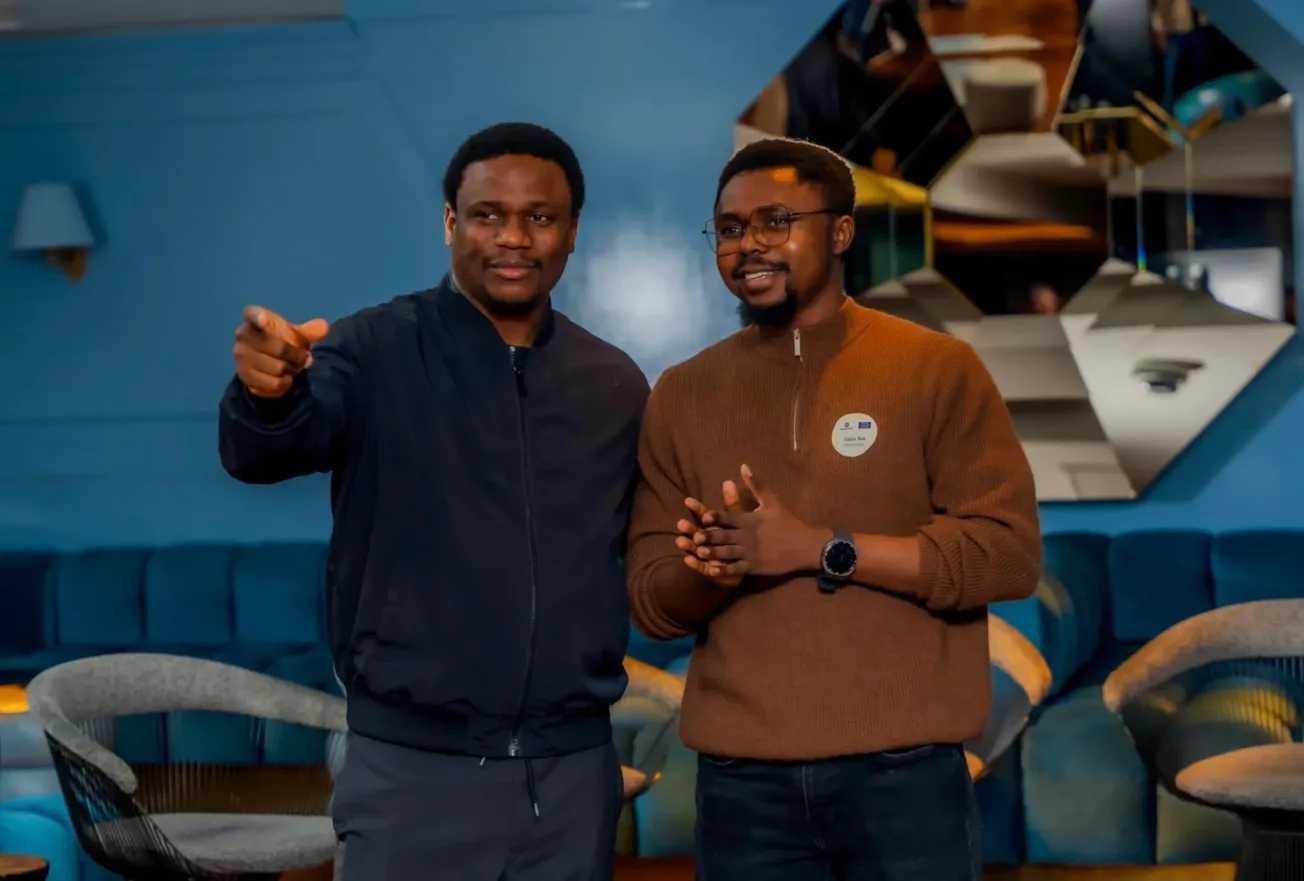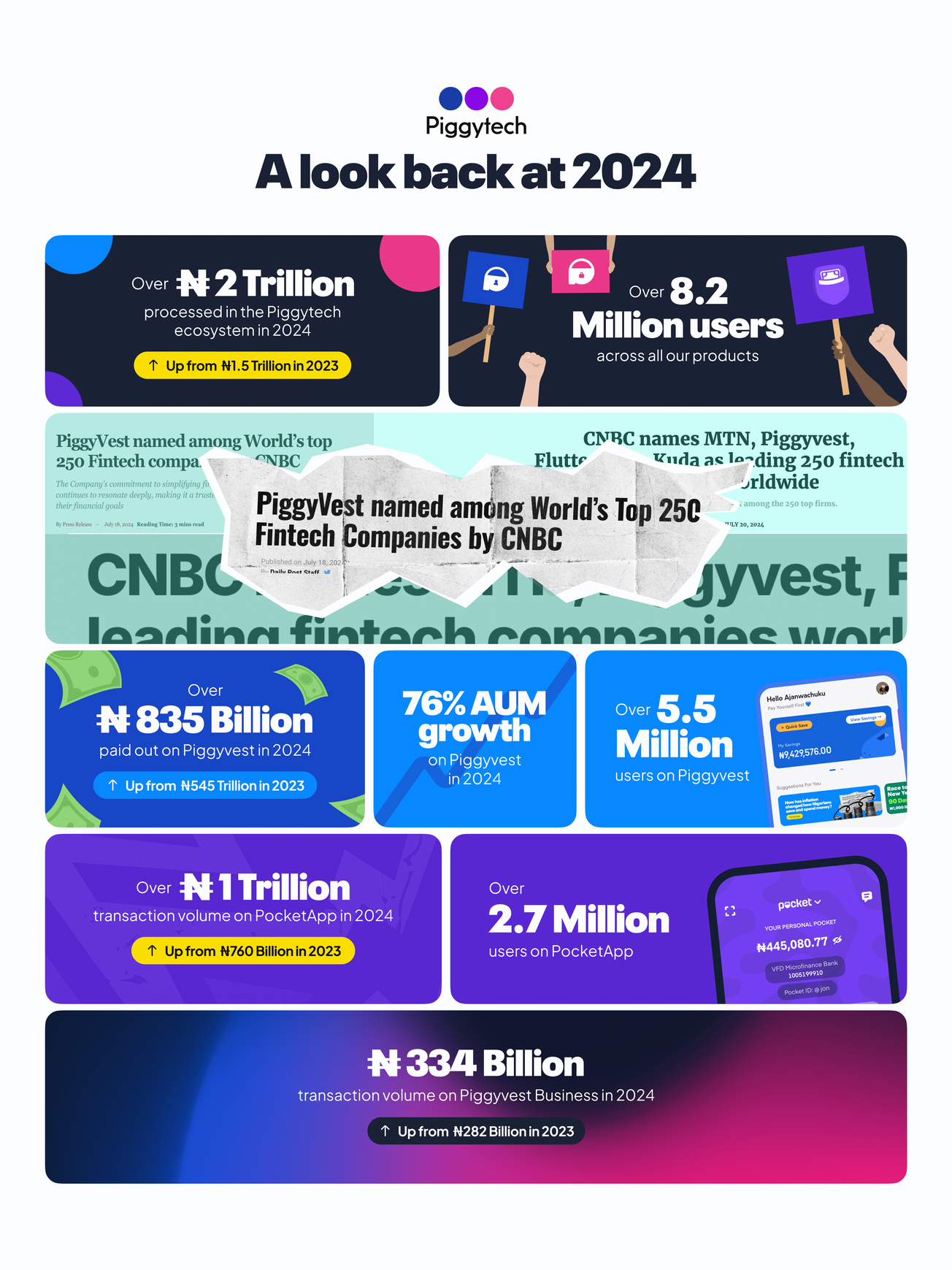Around the world, most farmers have suffered different sets of challenges in scaling and growing their farms. Although lending and crowdfunding platforms have popped up over the past years, it’s still very difficult for smallholder farmers to access financing.
Some banks and other financial entities have employed unsavoury and predatory tactics that affect these agricultural businesses in the long term.
In 2015, Geneva-based policy advisory firm, Dalberg Global Development Advisors conducted some research about small-scale farming. From its findings, $450b was required to meet the needs of smallholder farmers around the world. But these farmers only got $31b, which was less than one-tenth of the supposed financing.
Coming closer to home, The World Bank reported that while agriculture made up 18% of sub-Saharan Africa’s GDP, lending to the stakeholders in the agricultural sector represented only 1%.

Solving small-scale farmers’ credit and operations problem
As earlier stated, the vast majority of small-scale farmers still cannot access tools like hybrid seeds, fertilisers, and insurance that can increase their yield and income.
For Apollo Agriculture co-founder, Njenga, this boils down to two reasons.
First, they lack access to credit and thus, cannot afford the cost of well-understood high-return investments like hybrid seeds and fertilizers. Also, smallholder farmers are very rural, remote, and difficult to reach.
Till date, approaches to smallholder financing have relied on human-driven and manual processes. The problem is these processes are costly and slow to scale.
This is where Apollo comes in, to digitize and simplifying these processes.
Apollo Agriculture builds credit profiles for its small-scale farmers using machine learning models. It does so by doing its due diligence of verifying the identity of farmers and taking satellite coordinates of their fields.
In late 2016, the trio founded Apollo Agriculture. The goal was to use machine learning and automated operations technology to help small-scale farmers with everything they need to maximise their profitability.
According to Njenga, this was a necessary solution in a market where most farmers are producing 10% of what US farmers are producing.
The data obtained is then used to build automated digital processes for each step in a farmer’s lifecycle from customer acquisition to training to collecting the payment.
These processes, from collecting data to analysing it to building credit profiles guides Apollo in making lending and credit decisions to farmers at scale. Additionally, the company helps them access increasing levels of their investment over time.
Njenga argues that there are very few commercially viable approaches to small-scale agriculture financing in sub-Saharan Africa. To get it right, a company must have a unique combination of skills like software development and data science, to mention a few, and in his opinion, Apollo brings these skills together, leveraging on expertise developed at The Climate Corporation, Tesla, and One Acre Fund.
He goes on to state that the company is collecting insights on a demographic in a way that hasn’t been done before.
“We have to do this in a very super-challenging environment where farmers have no financial records like bank statements. And also, limited knowledge on subject matters like the impact of climate change.”
According to him, the company has been able to develop tools that these farmers would otherwise not have been able to access because of the aforementioned challenges.
This is a timely and apt solution for small scale farmers in Kenyan, and would be welcome and vastly beneficial in many other African countries, particularly Nigeria.









